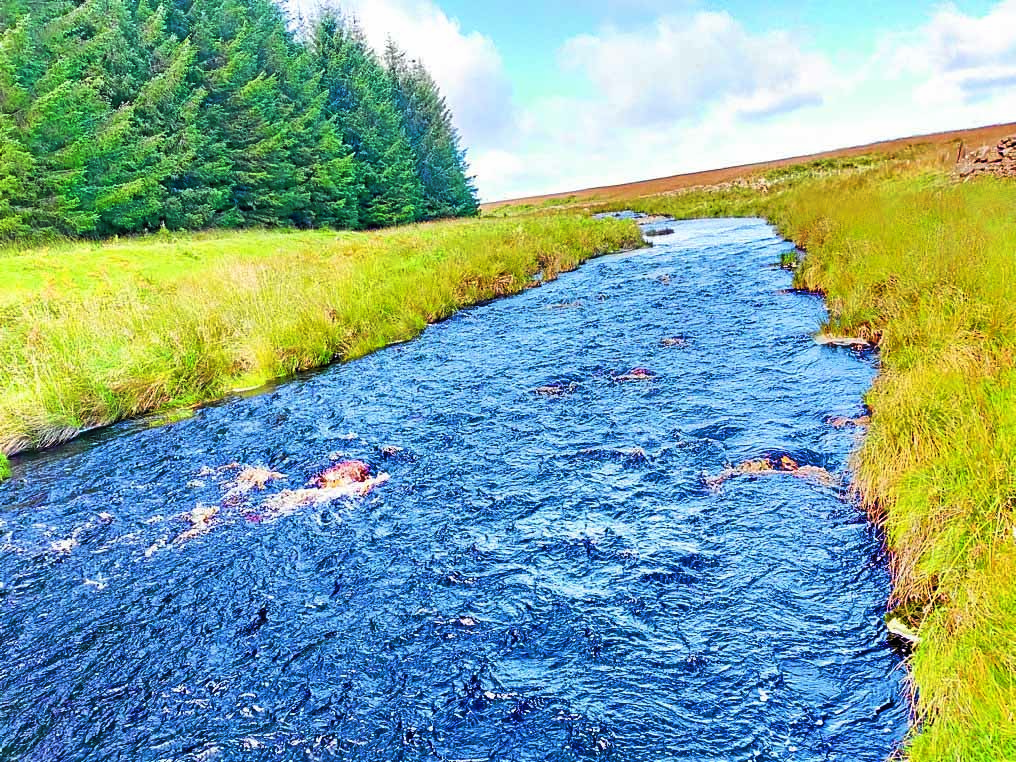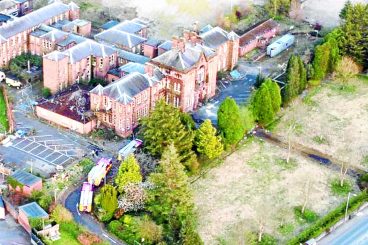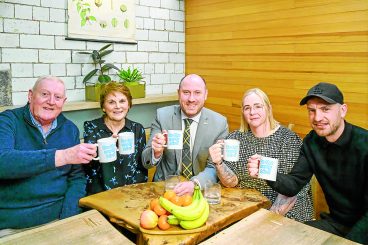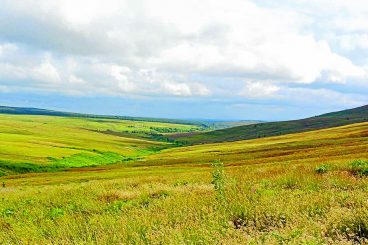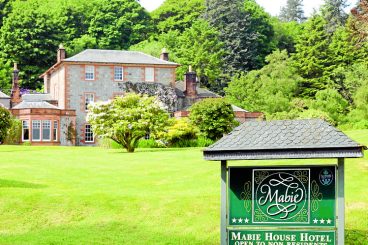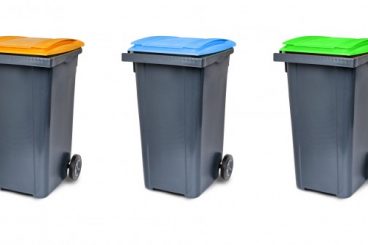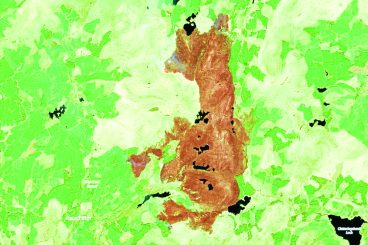A GROUNDBREAKING project using scallop shells to improve the water quality of a major river in Wigtownshire is being funded by salmon farmers.
The Galloway Fisheries Trust has received £22,700 from Salmon Scotland’s wild fisheries fund to tackle high acidity levels threatening fish numbers on the River Bladnoch.
The fund is part of a £1.5 million commitment from Scotland’s salmon farmers to support the conservation, restoration, and sustainable management of wild fish numbers.
The project, believed to be the first of its kind in the UK, is inspired by successful US studies using clam shells.
Scallop shells will be added directly into watercourses and as crushed shells on roads near the Bladnoch, acting as a buffering agent to neutralise acidic conditions.
The shells contain calcium carbonate, which helps restore pH balance and provides essential minerals for aquatic life, promoting a healthier river ecosystem.
Galloway Fisheries Trust plans to use 700 tonnes of waste scallop shells from a local seafood processor. More than 210 tonnes will be introduced in two burns, where they will break down over time.
Another 490 tonnes will be crushed and spread on forestry roads and tracks to address acid flushes during floods, with vehicular traffic aiding in their gradual breakdown.
Jamie Ribbons, head biologist at the Galloway Fisheries Trust, is delighted that the River Bladnoch project has been awarded the funding and is optimistic the scheme will be successful. He said: “It is well-documented that wild salmon are struggling throughout their range at the moment.
“It is important to ensure their freshwater habitats are in the best condition possible, but in Galloway we have significant problems with acidification in the headwaters of many rivers.
“The funding being provided by the wild fisheries fund means that we can deliver an exciting and novel project using waste scallop shells to improve water quality in the upper River Bladnoch making it more suitable to support wild fish.
“Scallop shells contain calcium carbonate, which can help to restore pH balance in the water and provide essential minerals for aquatic life, promoting a healthier ecosystem within the river by improving water quality and supporting biodiversity.”
Jon Gibb, co-ordinator of the Salmon Scotland wild fisheries fund, added: “It’s fantastic to support a variety of innovative projects dedicated to conserving and enhancing habitat, particularly for species facing extinction in certain areas.
“Wild salmon are currently facing a deep and dire crisis, and the aquaculture sector can play a crucial role in reducing their decline.”





